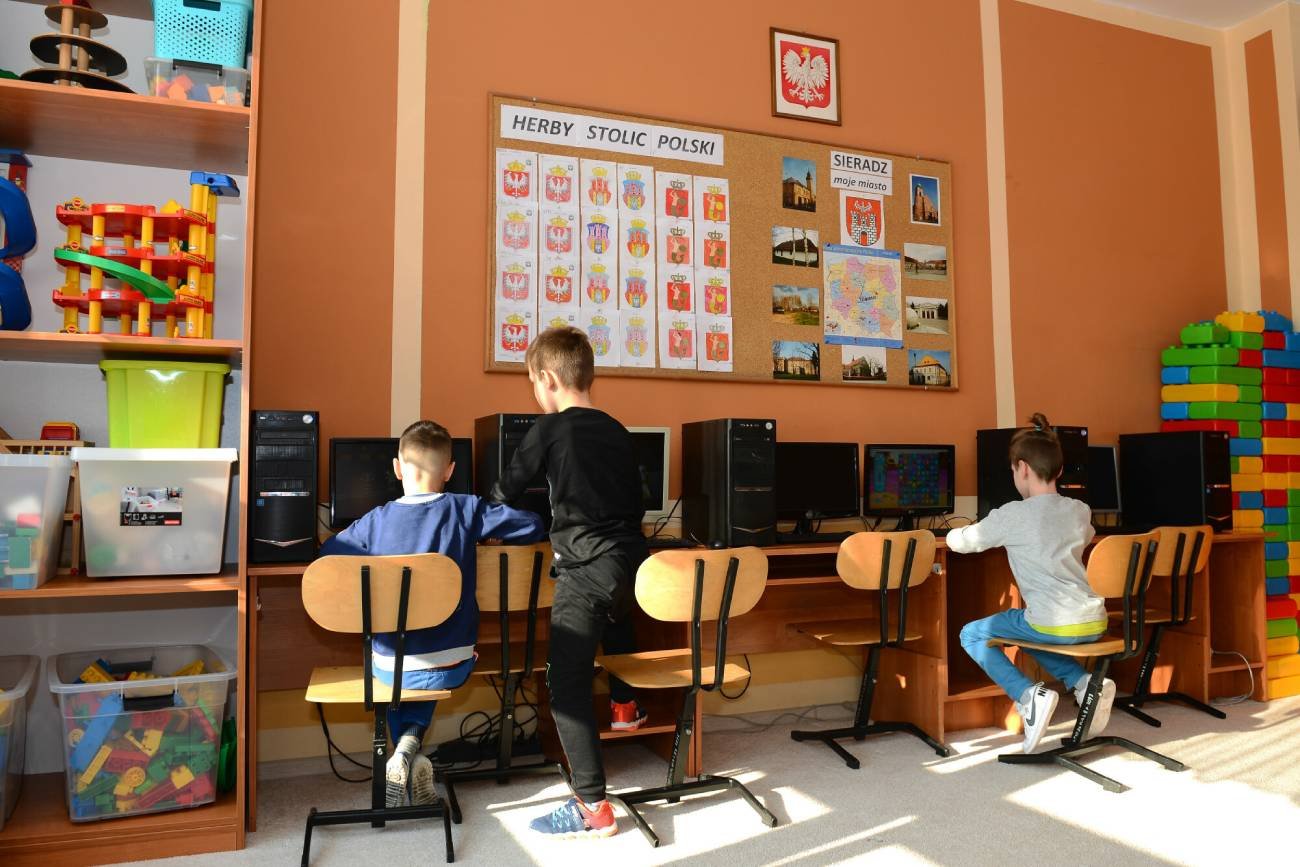
In recent years, the Baltic Sea region has become a hotspot for military tensions, with Russia’s increasing assertiveness sparking concerns among neighboring countries. On December 17, 2022, Swedish air forces identified two Russian Tu-22 bombers and two Su-27 fighter jets in the Baltic airspace, prompting a swift response from the Swedish military. This incident highlights the critical importance of NATO Air Policing and the collective efforts of member states to ensure regional security.
The Swedish air force scrambled two Jas Gripen fighter jets to intercept the Russian aircraft, which were shadowed by Finnish F-18 Hornets and Dutch F-35 Lightning II jets, participating in the NATO Air Policing mission. This coordinated response demonstrates the strength of NATO’s collective defense and the importance of intelligence sharing among member states.
According to Therese Akerstedt, a spokesperson for the Swedish air force, „the Russian aircraft did not violate Swedish airspace.” However, the incident serves as a reminder of the growing threat of Russian aggression in the region. The Baltic Sea region has witnessed a significant increase in Russian military activity in recent years, with multiple instances of airspace violations and close encounters between Russian and NATO aircraft.
The NATO Air Policing mission, established in 2004, is a collective defense effort aimed at ensuring the security of Alliance members’ airspace. The mission involves the deployment of fighter jets from various member states to patrol the skies and respond to potential threats. This collective approach allows for a rapid and coordinated response to emerging security challenges, as seen in the recent incident.
Poland, a NATO member state, has also played a crucial role in air policing operations in the region. In 2020, the Polish air force took over the lead role in the NATO Air Policing mission, with Polish F-16 fighter jets patrolling the skies over the Baltic states.
The Russian annexation of Crimea in 2014 marked a significant escalation of tensions in the region, with Russia’s military modernization and expansionary policies sparking concerns among neighboring countries. In response, NATO has strengthened its military presence in the region, with the deployment of troops, equipment, and aircraft to enhance deterrence and defense capabilities.
According to the Stockholm International Peace Research Institute (SIPRI), Russia’s military spending has increased by over 30% since 2014, with a significant focus on airpower modernization. This trend has led to a significant increase in Russian military activity in the region, including mock bombing runs and close encounters with NATO aircraft.
In conclusion, the recent incident in the Baltic airspace highlights the importance of collective defense and intelligence sharing among NATO member states. The NATO Air Policing mission serves as a critical component of the Alliance’s defense strategy, providing a rapid and coordinated response to emerging security challenges. As tensions in the region continue to escalate, it is essential for NATO member states to remain vigilant and proactive in response to Russian aggression, ensuring the security and stability of the Baltic Sea region.









![Kilkaset osób wzięło udział w VI Powiatowym Marszu Pamięci Żołnierzy Wyklętych [wideo, zdjęcia]](https://tkn24.pl/wp-content/uploads/2025/02/VI-Powiatowy-Marsz-Pamieci-Zolnierzy-Wykletych-w-Konskich-14.jpg)



